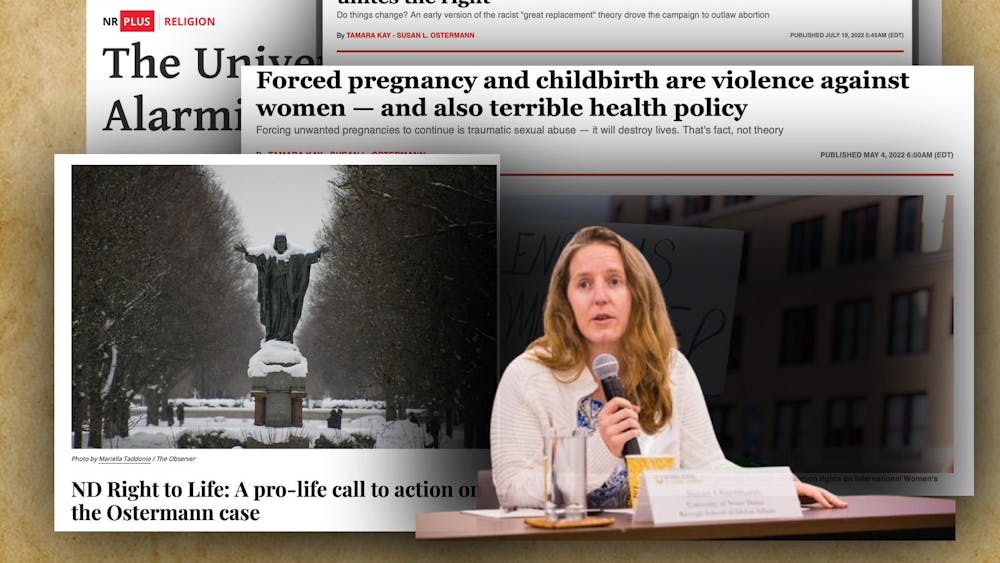Every month or so it seems a new study is published in varying academic journals which claim that the newest consumption fad or dietary craze actually presents the greatest risk for the general American public health. A few months ago it was the JUUL. The JUUL was so greatly disseminated amongst the young crowd that it posed a new risk on par with cigarette smoking first popularized after the Civil War and then again in the Baby Boomer generation. So large and unrestricted and untested was the risk of JUUL that the FBI actually stepped in, raided JUUL’s headquarters, and instituted sanctions on its marketing department.
Of course, though, there was a ‘greatest danger’ just before JUUL made headlines too. Before JUUL and vaping, it was hi-fructose corn syrup. Before that, it was saturated fats. Before that it was sugar. Before that, cholesterol. Before that, cigarettes. Before that, alcohol. Ad nauseam. There was and will always be a new and improved ‘greatest danger’ in our American consumerist-based economy. That danger, though, always circulates around the idea of unregulated capitalism. Unregulated, unchecked, uncontrolled capitalism presents the gravest threat to an average American’s health.
Hear me out.
The first threat is posed strictly through the power that these huge capitalist endeavors and industries (fast foods, tobacco, alcohol, gun, etc) have over the average consumer. Every day, either in your morning commute or on the morning news or even when listening to music, advertisements connected to these industries are run. Quite often, actually; to the point where the average American consumer probably doesn’t even realize their frequency; especially not their incredible effect. McDonald’s, in 2017, spent $632 million on advertising. That’s McDonald’s alone. Pair that with the hundreds of other notoriously unhealthy fast-food chains and you’ve got a recipe for disaster. Truly, the average American consumes a metaphorical ton of advertisement depicting unrealistic and sizzling and melting and beautifully crafted hamburgers.
What kind of effect can this really have, though? Surely, as an American consumer, I have the free will to choose not to eat at McDonald’s (and other similar firms) and subsequently choose not to have the associated health issues that come from a fast-food diet. Think again. Studies show that both children and adults, when exposed to food advertisements consume 45 percent more food than their peers not exposed to food advertisements. This makes sense, of course. Even as a vegan, every time an Arby’s “We Have the Meats” commercial comes on, my stomach gets a bit antsy.
We know how advertising works — it attempts to manipulate the choice of consumers. And, we know it works. It is successful in manipulating that choice (otherwise, McDonald’s would not have spent $632 million on it in 2017). With the health issues that come from eating fast-foods (always high in saturated fat and sodium), we cannot allow this to go on unregulated.
When we learned about the devastating effects of cigarettes on the general health of a human being, we (slowly) acted on it. But, even to this day, the warning labels on packs of cigarettes are nearly unintelligible. Sure, our government responded to protect its population from the dangers of blatant lies in advertisement (‘smoking is good for you’), but only after so many years of the dwindling power of cigarette lobbying groups. The same is happening with the fast food industry today.
As obesity and obesity-induced diseases become an ever-pressing issue, the U.S. government has to step up its game before it’s too late. The U.S. has to start throwing some regulation at this (so far) unregulated and uncontrolled industry. In the past, unregulated capitalism has killed. I argue that, today, it still does. Our reliance on oil and coal is destroying our planet. The proliferation of coal and oil use is profitable for certain industry elites. With the capital to influence policy, we see Donald Trump and other similar politicians being bought and paid for by these industry elites. We see the reversal of years of policies under Obama’s presidency. All in the name of money and power.
So, yes, unregulated capitalism is the single gravest threat to the health of humans everywhere. As companies and firms accrue more and more profit (to the point of being larger than some small countries as in the case of Amazon), the problem will only get worse. Capitalism, though, doesn’t have to be this way. It can be fixed. While the popularization of fast-foods (preying on low income earners) and tobacco and alcohol (preying on those addicted) and guns (preying on populations in high-crime areas) have the potential for devastating effects on general health and well-being, the popularization of cross-fit and veganism and healthy substitutes (all reserved for the wealthy) present potential solutions.
Sure, capitalism is dangerous and terrible and responsible for much of the health issues present in the U.S. Only, though, unbridled. It also presents the greatest potential for fixing its mistakes. Capitalism (both through its consumers and its industries), thus, has to decide for itself whether to be a harbinger of healthy habits or of deadly vices.
Editor's note: on account of an oversight by the author, the FDA was mistakenly listed as the FBI.
Unbridled capitalism poses the greatest risk for American health
The views expressed in this column are those of the author and not necessarily those of The Observer.









